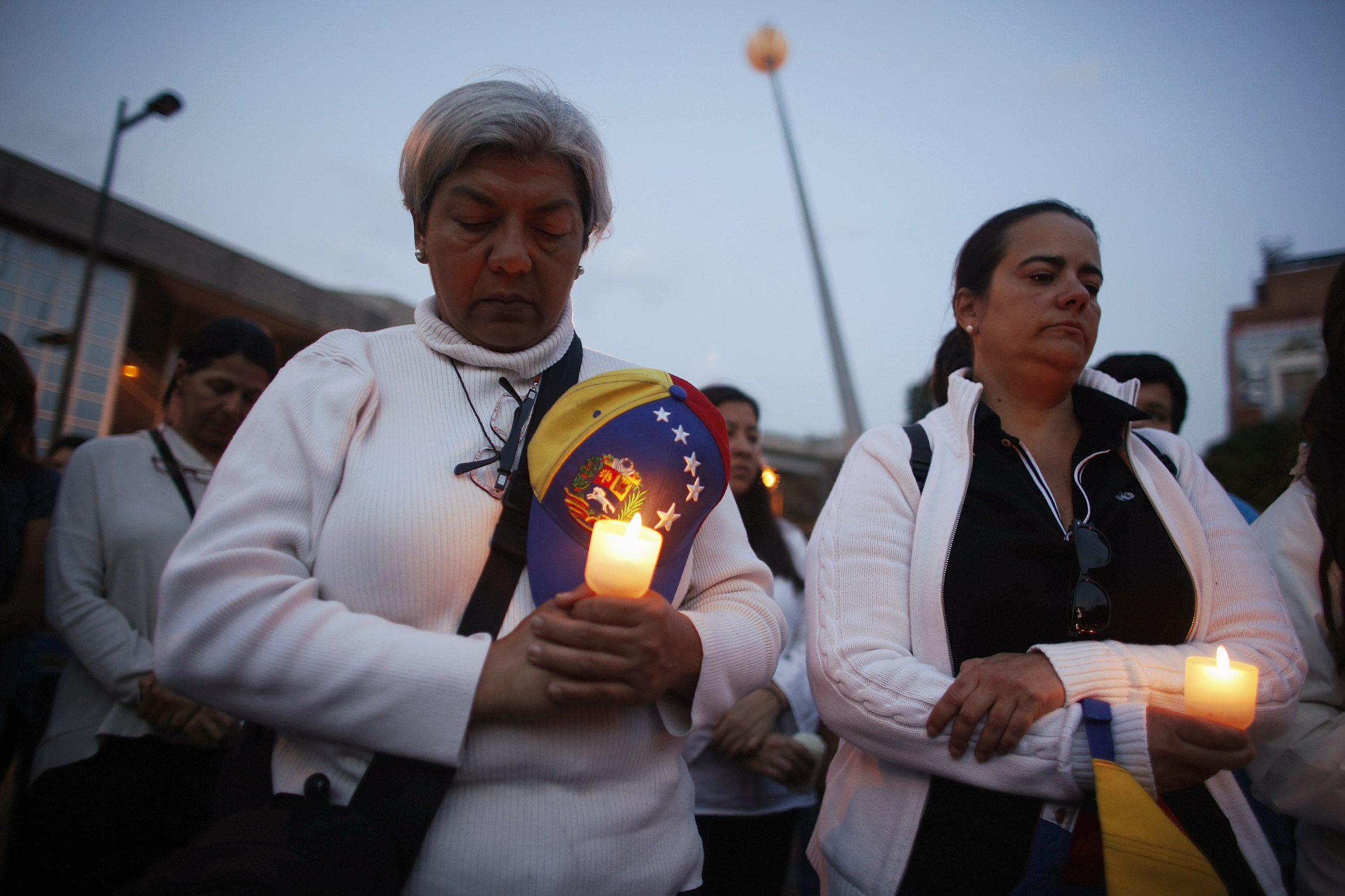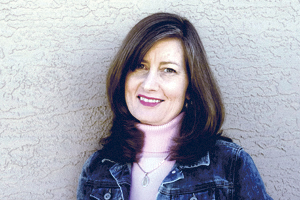
Thanksgiving is just around the corner, but giving thanks to the Lord for our many blessings should be a way of life, not just a fleeting thought on the fourth Thursday of November.
Being married for the last 30 years to a man who came to this country with little more than a pair of blue jeans and some tuition money, I’ve learned to not take anything for granted. When I first met Pipo Coronel in 1984, he was bussing tables, living in a tiny room in a home with several other Catholic men near Arizona State University. With a mattress on the floor and a cardboard box that did double duty as his dresser and night stand, he was content.

We’ve come a long way from there. I often look around our home in suburbia and think, “We’ve got too much stuff! Time to give some things away.”
Yesterday as we were driving through Tempe, we saw a large convoy of trucks working to repave the road. Rather than being frustrated by the construction zone, my husband marveled at how efficiently the process was taking place. After so many years in the U.S., he still sees it with the awe only an immigrant from a developing country can possess.
I’ve learned to see through the eyes of a man who knows what it’s like to go to bed hungry, to never own a pair of skates or have toys or brand new clothes. Growing up in Venezuela, Pipo’s parents had sixth-grade educations. They worked sunrise to sunset in order to support nine children.
With each passing day, the news from the beleaguered South American nation reminds me of all that we have to be thankful for here in the U.S. and just how big of a responsibility we have as Christians to serve the poor. My last trip to Venezuela was in 1992 and revealed a nation with a solid middle class, where hard work yielded economic advancement.
All that has been lost as the country reels under 700 percent inflation, severe food shortages and horrendous crime. To wit: there were 3,946 murders in Caracas last year, the highest rate in the world. Often, there is no electricity, no water, no medicines — nothing but mangoes to eat. This in a country that has the most proven oil reserves on the planet. The infant mortality rate is higher than Syria. Syria!
I look around at all that we have, all those things we tend to take for granted, and realize we’ve been blessed almost beyond our capacity to understand. We don’t fear for our lives, we don’t resort to crime in order to feed our children, we don’t cry when the doctor says our sister needs medicine but the pharmacy has none. We don’t fall down weeping when our grandson is born prematurely but there are no incubators — a death sentence. No. Even our poorest neighbors are able to find help, thanks to the good work of St. Vincent de Paul, Paz de Cristo, Catholic Charities, Circle the City and so many other outstanding organizations here in our midst.
So here’s my recommendation for Thanksgiving dinner: ditch the politics. Let each person ponder the many gifts we’ve been given and ask himself what he can give up, what he can share, how he can serve.
And when the last turkey sandwich has been eaten and all the pies are gone, I highly recommend going to bed hungry one night a week. “But what good will that do?” one of my kids asked once. “It won’t help the people who are hungry!” No, it won’t, but what it will do is teach us in a very real way what it is to know deprivation, to feel a bit of the pain of hunger that so many experience every day with no relief in sight. It’s a small step in the direction of living with more gratitude and an unfailing recipe for more joy.






